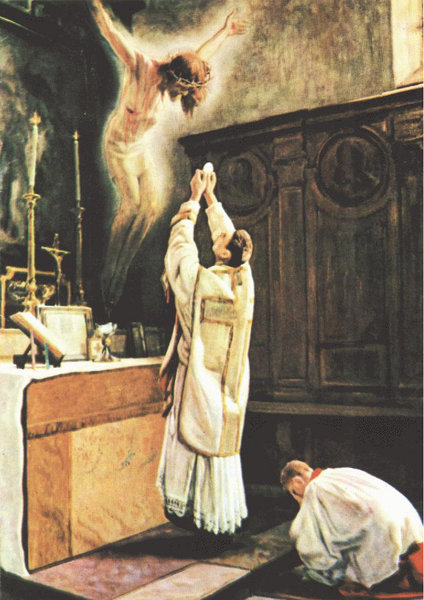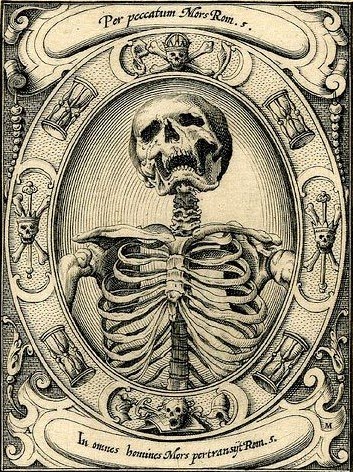31 July 2009
We are Nothing in Ourselves
Temptation is necessary to us to make us realise that we are nothing in ourselves. St. Augustine tells us that we should thank God as much for the sins from which He has preserved us as for those which He has had the charity to forgive us. If we have the misfortune to fall so often into the snares of the Devil, we set ourselves up again too much on the strength of our own resolutions and promises and too little upon the strength of God. This is very true. When we do nothing to be ashamed of, when everything is going along according to our wishes, we dare to believe that nothing could make us fall. We forget our own nothingness and our utter weakness. We make the most delightful protestations that we are ready to die rather than to allow ourselves to be conquered. We see a splendid example of this in St. Peter, who told our Lord that although all others might be scandalised in Him, yet he would never deny Him. Alas! To show him how man, left to himself, is nothing at all, God made use, not of kings or princes or weapons, but simply of the voice of a maidservant, who even appeared to speak to him in a very indifferent sort of way. A moment ago, he was ready to die for Him, and now Peter protests that he does not even know Him, that he does not know about whom they are speaking. To assure them even more vehemently that he does not know Him, he swears an oath about it. Dear Lord, what we are capable of when we are left to ourselves! There are some who, in their own words, are envious of the saints who did great penances. They believe that they could do as well. When we read the lives of some of the martyrs, we would, we think, be ready to suffer all that they suffered for God; the moment is shortlived, we say, for an eternity of reward. But what does God do to teach us to know ourselves or, rather, to know that we are nothing? This is all He does: He allows the Devil to come a little closer to us. Look at this Christian who a moment ago was quite envious of the hermit who lived solely on roots and herbs and who made the stern resolution to treat his body as harshly. Alas! A slight headache, a prick of a pin, makes him, as big and strong is he is, sorry for himself. He is very upset. He cries with pain. A moment ago he would have been willing to do all the penances of the anchorites -- and the merest trifle makes him despair! Look at this other one, who seems to want to give his whole life for God, whose ardour all the torments there are cannot damp. A tiny bit of scandalmongering .... a word of calumny .... even a slightly cold reception or a small injustice done to him .... a kindness returned by ingratitude .... immediately gives birth in him to feelings of hatred, of revenge, of dislike, to the point, often, of his never wishing to see his neighbour again or at least of treating him coldly with an air which shows very plainly what is going on in his heart. And how many times is this his waking thought, just as it was the thought that almost prevented him from sleeping? Alas, my dear brethren, we are poor stuff, and we should count very little upon our good resolutions!






















